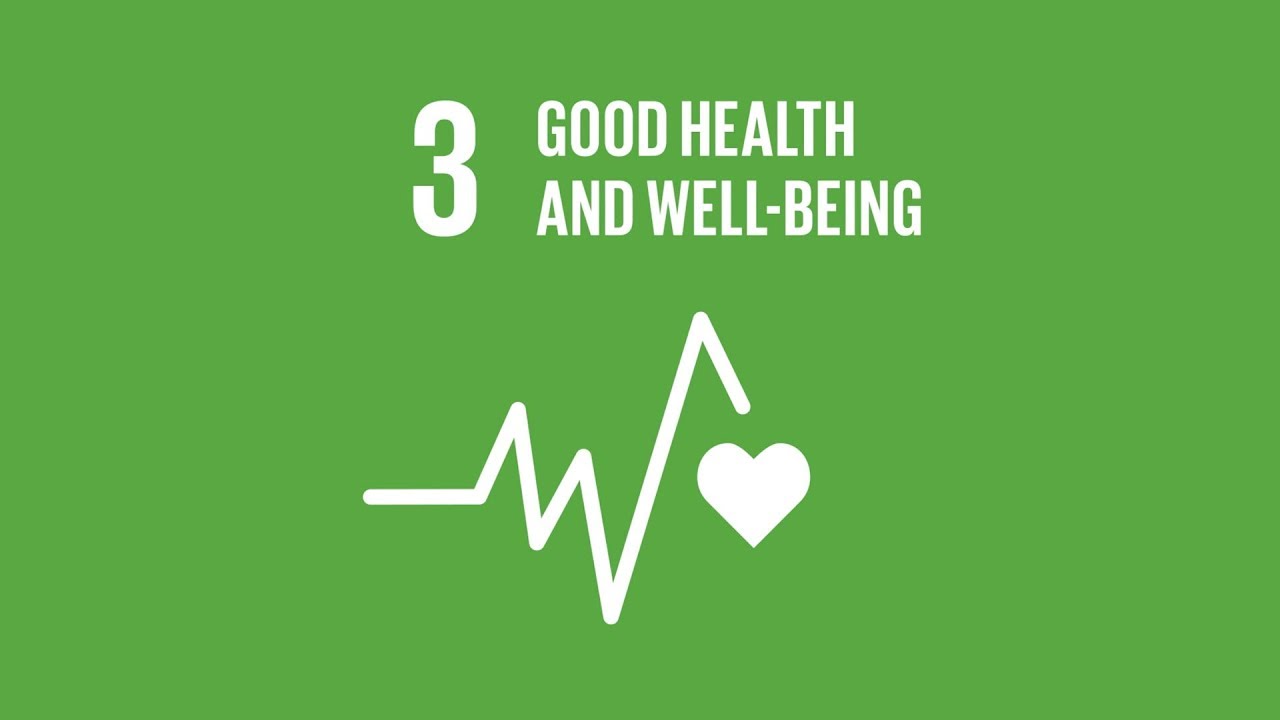Our health and well-being are influenced by the settings in which we live. By 2030, two-thirds of humanity will live in urban areas. Cities provide an excellent opportunity for local governments to protect and promote health at many levels.
23% of deaths are caused by pollution and environmental factors. In fact, more than 90% of the world is exposed to air quality levels that do not meet the recommendations of the World Health Organisation (WHO). Some 235 million people currently suffer from asthma. It is the most common non-communicable disease among children, and urbanisation is associated with an increase in asthma. 39% of adults are overweight. Obesity is one of the biggest health problems worldwide, and living in urban areas contributes to set it in our lifestyles.
Health is not only about medical and clinical services such as hospitals. It is about including health directives in our policies. Cities can be designed to provide well-being and care. Thus many local governments are already taking actions to bring about health benefits by raising awareness in communities for prevention and to promote healthy lifestyles; improving services including basic health services, waste management, hygiene and food chains, and water and sanitation; putting people at the centre of urban and transport planning; responding to the needs of all citizens; promoting connectivity in diverse neighbourhoods, and improving the quality and safety of public spaces to favour mental health, physical activity and social cohesion; improving road safety and managing traffic to reduce injuries and casualties; protecting common goods such as soil, water, air and the natural environment to an integrated way across sectors.
The Sustainable Development Agenda including SDG 3 is about ensuring healthy living, fostering well-being for all people at all ages and promoting indicators to monitor progress. This can only be achieved through local action.
This video has been produced in May 2019 by United Cities and Local Governments (UCLG), Barcelona Institute for Global Health (ISGlobal) and Learning UCLG, and it is supported by the European Commission.
source



